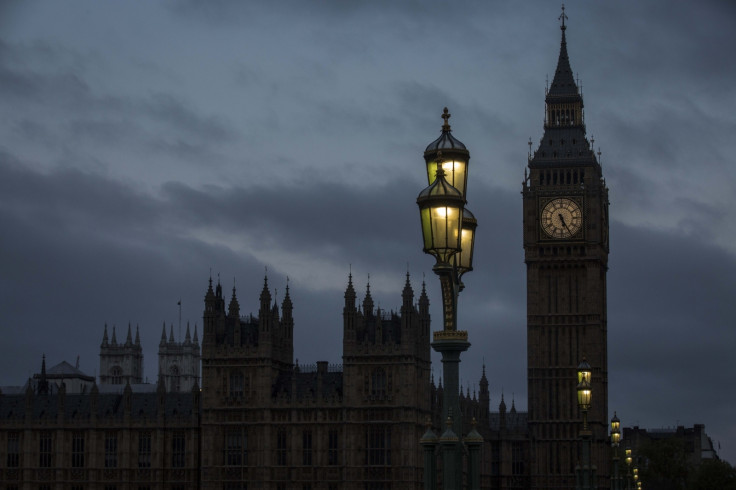'I raised it three times with Theresa May. She did not act': Ongoing sex scandal shakes Westminster
MPs are hopeful that a change of culture in Westminster can occur.

The "dirty dossier" that allegedly contained the names of dozens of Conservative MPs who had engaged in some form of questionable behaviour has been the central talking point in Westminster this week.
Allegations, rebukes and statements from MPs, staff and other officials have been released several times over the past few days as accusations are debunked and fresh claims are made.
Politicians from all political parties have vowed to come together to take action on the culture at Westminster that has spread across the headlines this week.
The dossier in question that was released on Guido Fawkes last week contained more than 30 Tory MPs with their names redacted.
But a leaked version without the names has also been circulated, with serious accusations, mildy inappropriate incidents and issues which wouldn't bat an eyelid.
And it is the MPs caught up in the final category that have been forced to defend themselves in the melting pot of news.
Two MPs have released statements attempting to downplay the political storm that has swept through parliament.
Justice minister Dominic Raab was named on the list as having been subject to an injunction over "inappropriate behaviour with a woman".
On his website, Raab said: "I have never been served with any injunction for anything. Nor have I ever sought one. Equally, any insinuation that I have engaged in anything resembling sexual harassment, sexually abusive behaviour or lewd remarks with either Parliamentary colleagues or staff (in any job I have done) is false and malicious."
MP Rory Stewart was named as someone who allegedly asked his parliamentary researcher to "do odd things."
Both he and the researcher, Sophie Bolsover debunked these claims.
In her statement, Bolsover said that "during my time working in parliament, Rory Stewart was never anything other than completely professional and an excellent employer."
Stewart revealed that seeing his name on the list was "deeply hurtful."
But MPs have sworn to act with the topic one of the main areas of discussion in Wednesday's Prime Minister's Questions.
Theresa May revealed that she had invited other party leaders to a meeting early next week to discuss new transparent system for complaints about harassment in Westminster.
During PMQs, May was criticised by the Labour MP Lisa Nandy of inaction after she claimed that while the PM was home secretary, the issue surrounding sex abuse was raised.
Nandy said: "Three years ago, I brought evidence to her in this House that Whips had used information about sexual abuse to demand loyalty from MPs. I brought that information to her in this House and I warned her at the time that, unless real action was taken, we risked repeating those injustices again today. On three occasions, I asked her to act and on three occasions she did not."
I raised this 3 times with May; twice in the chamber and again in writing. She did not acthttps://t.co/aaMqkjAqE9https://t.co/jnwAjAEjVf pic.twitter.com/hrygfGKIAI
— Lisa Nandy (@lisanandy) November 1, 2017
On Tuesday (31 October), the Labour party confirmed that they had launched an investigation after activist Bex Bailey, 25, claimed that she was discouraged by an official within the party to report an alleged rape that occurred during a Labour event in 2011.
Earlier in the week, Defence Secretary Sir Michael Fallon was the centre of controversy when he confirmed that he had been rebuked by a journalist after placing his hand on their knee.
Radio host Julia Hartley-Brewer confirmed that "This 'incident' happened in 2002. No one was remotely upset or distressed by it. My knees remain intact."
And fresh allegations swirled around May's deputy, Damian Green, who was accused of sending "suggestive" messages to writer Kate Malby.






